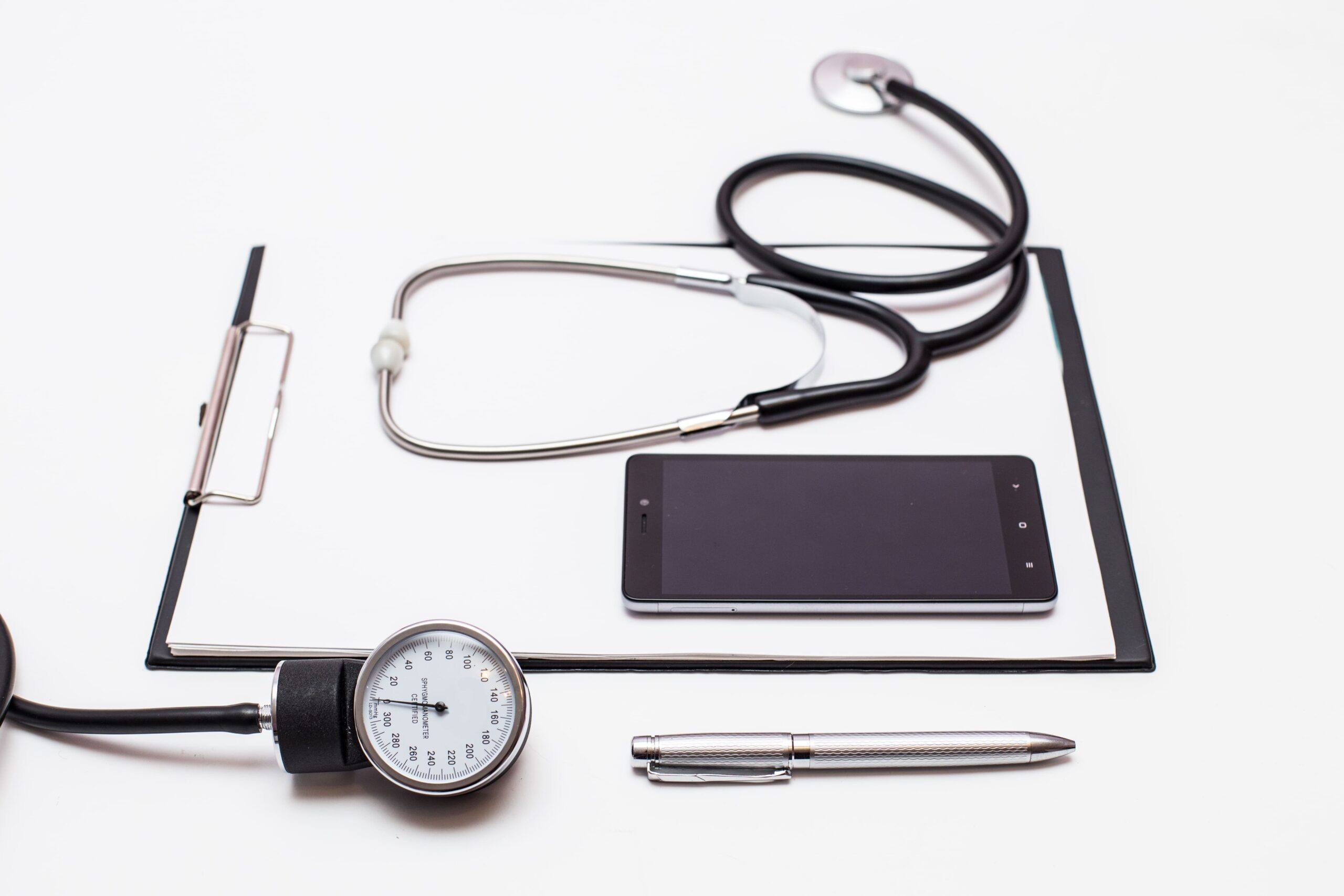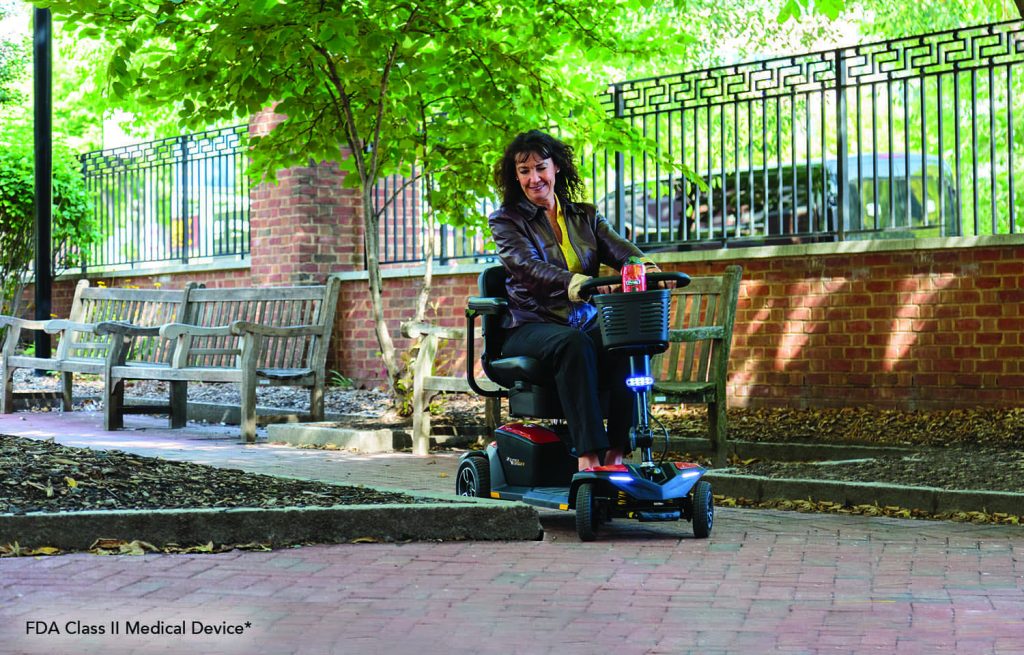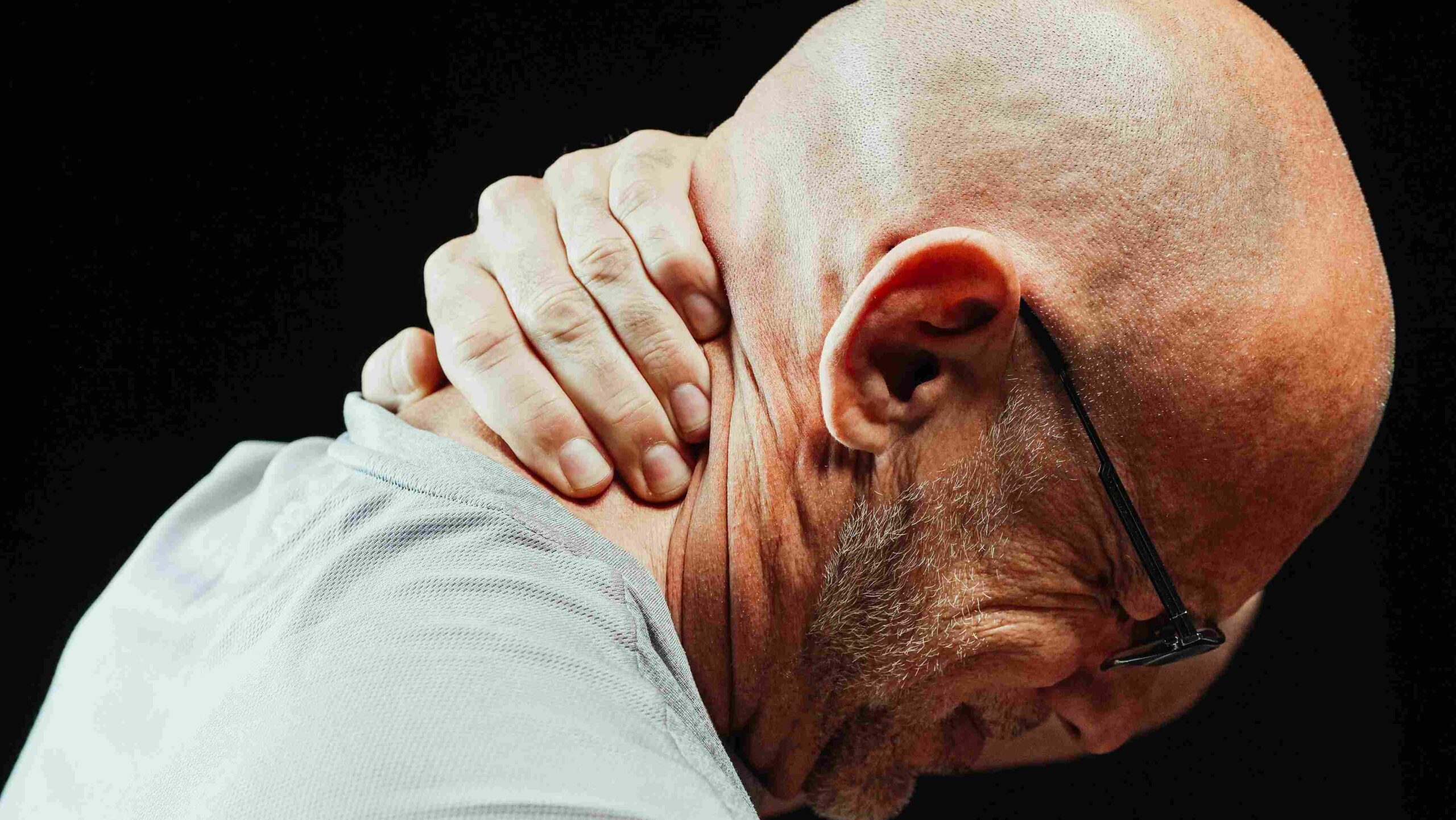Living with medical equipment such as a wheelchair, oxygen concentrator, or CPAP machine can affect not only your daily routine but also your relationships. Whether it’s with family, friends, or romantic partners, medical equipment can sometimes introduce feelings of self-consciousness, misunderstandings, or even logistical challenges.
As someone who has used oxygen therapy for years, I’ve navigated the ups and downs of maintaining meaningful connections while managing my health. In this article, I’ll share insights and strategies to help you build stronger relationships, communicate effectively, and feel confident in your interactions while using medical equipment.
Understanding the Emotional Impact
Using medical equipment can sometimes make you feel:
- Self-Conscious: Worrying about how others perceive you or your device.
- Dependent: Feeling like a burden when asking for help or accommodations.
- Misunderstood: Struggling to explain your health needs to those who might not fully understand them.
These feelings are valid, but with the right approach, they can be managed to foster healthier, more supportive relationships.
1. Be Open About Your Needs
Honest communication is key to navigating relationships while using medical equipment.
How to Talk About It:
- Start Simple: Explain what your equipment does and why you need it. For example: “My oxygen concentrator helps me breathe better and stay active.”
- Address Concerns Early: If someone seems unsure or curious, encourage them to ask questions.
- Set Boundaries: Make it clear what you’re comfortable discussing and what’s off-limits.
Example:
When I started dating while using oxygen therapy, I told my partner early on about my condition and how the equipment supports my health. This helped avoid awkward surprises and built trust.
2. Focus on What You Can Do
Instead of dwelling on limitations, highlight the activities you enjoy and can participate in.
Tips for Reframing Conversations:
- Instead of saying, “I can’t go hiking because of my wheelchair,” try: “Let’s explore accessible nature trails together.”
- If dining out is challenging, suggest a cozy meal at home instead.
Pro Tip:
Include others in brainstorming solutions or alternatives for activities. This creates a sense of teamwork and shared effort.
3. Handle Stigma and Misunderstandings
Not everyone will immediately understand your medical equipment or how it affects your life.
How to Address Misconceptions:
- Stay Calm: Respond to stares or questions with patience and confidence.
- Educate: Use these moments to share accurate information about your equipment.
- Redirect Focus: Shift the conversation back to shared interests or activities.
Example:
When friends asked why I use oxygen even though I “don’t look sick,” I explained how invisible conditions can still require support.
4. Involve Loved Ones in Your Journey
Inclusion fosters understanding and strengthens relationships.
Ways to Involve Others:
- Share Milestones: Celebrate successes, like adjusting to new equipment or achieving a health goal.
- Invite Participation: Teach them how to assist with equipment setup or maintenance if they’re interested.
- Express Gratitude: Acknowledge their support and efforts to accommodate your needs.
5. Address Intimacy and Romance
Using medical equipment can sometimes create insecurities in romantic relationships, but open communication and creative problem-solving can help.
Tips for Navigating Romantic Relationships:
- Discuss Comfort Zones: Talk openly about how your equipment affects physical closeness and find ways to adapt.
- Focus on Connection: Remember that emotional intimacy is just as important as physical closeness.
- Maintain Confidence: Your equipment is a part of you, but it doesn’t define your worth or attractiveness.
6. Adapt Social Activities
Using medical equipment doesn’t mean giving up on social life—it just means planning ahead.
Examples of Adaptations:
- Choose accessible venues for gatherings.
- Bring extra supplies, like batteries or chargers, to avoid interruptions.
- Communicate your needs to hosts in advance, such as seating arrangements or quiet spaces.
7. Build a Supportive Network
Surrounding yourself with understanding and empathetic people makes a world of difference.
Where to Find Support:
- Online Communities: Join forums or social media groups for individuals who use similar equipment.
- Local Groups: Participate in support groups or workshops in your area.
- Professional Guidance: Seek counseling if you’re struggling with relationship challenges or self-esteem issues.
8. Embrace Your Equipment as a Tool for Independence
Your medical equipment is not a limitation—it’s a tool that allows you to live your life more fully.
Mindset Shift:
- View your device as a symbol of strength and resilience.
- Focus on the ways it enables you to maintain independence and engage with others.
FAQs
1. How do I explain my medical equipment to someone I just met?
Keep it simple: “This equipment helps me manage my health and stay active. I’m happy to answer any questions you have!”
2. What if someone reacts negatively to my equipment?
Stay calm and remember that their reaction is a reflection of their understanding, not your worth. If possible, educate them or choose to disengage if the interaction is unproductive.
3. How can I plan a date or outing with my equipment?
Choose accessible venues, bring any necessary supplies, and communicate your needs to your companion. Focus on activities that highlight shared interests.
4. How do I address my insecurities about using medical equipment in relationships?
Remind yourself that your equipment is part of what keeps you healthy and capable. A supportive partner will see it as a strength, not a flaw.
5. Are there resources for navigating relationships with medical equipment?
Yes! Online forums, patient advocacy groups, and counseling services can provide guidance and support.
Conclusion: Building Relationships with Confidence
Using medical equipment doesn’t have to hinder your relationships—it can enhance them by fostering understanding, resilience, and creativity. With open communication, adaptability, and self-confidence, you can maintain meaningful connections and live a fulfilling life.
Remember, your worth isn’t defined by your equipment. It’s a tool that empowers you to engage with the world, and the right people in your life will embrace it—and you—with open arms.






